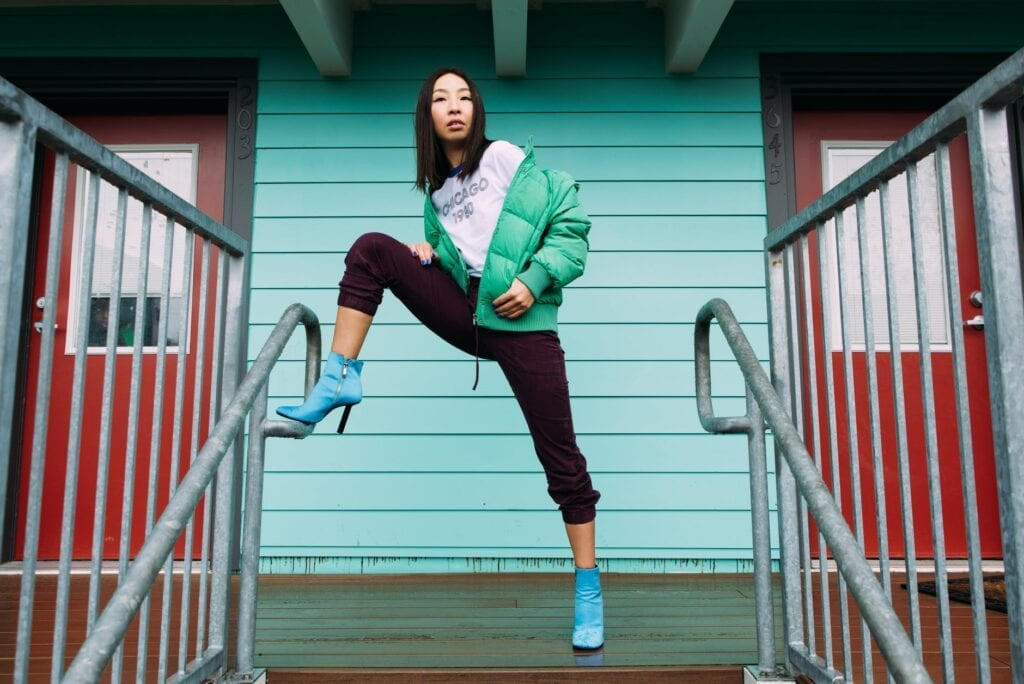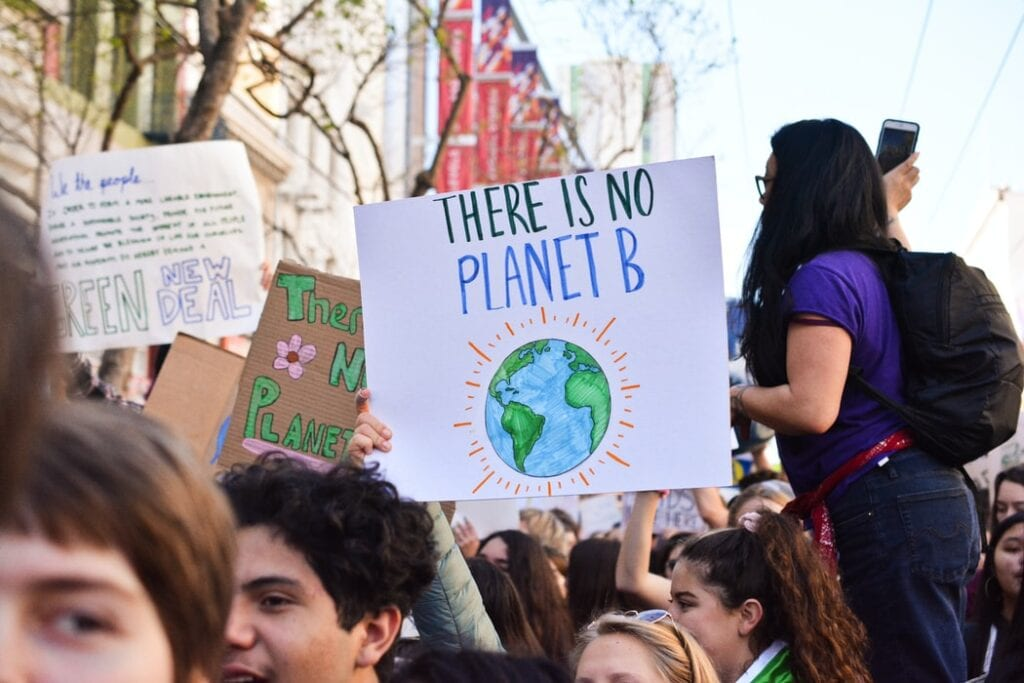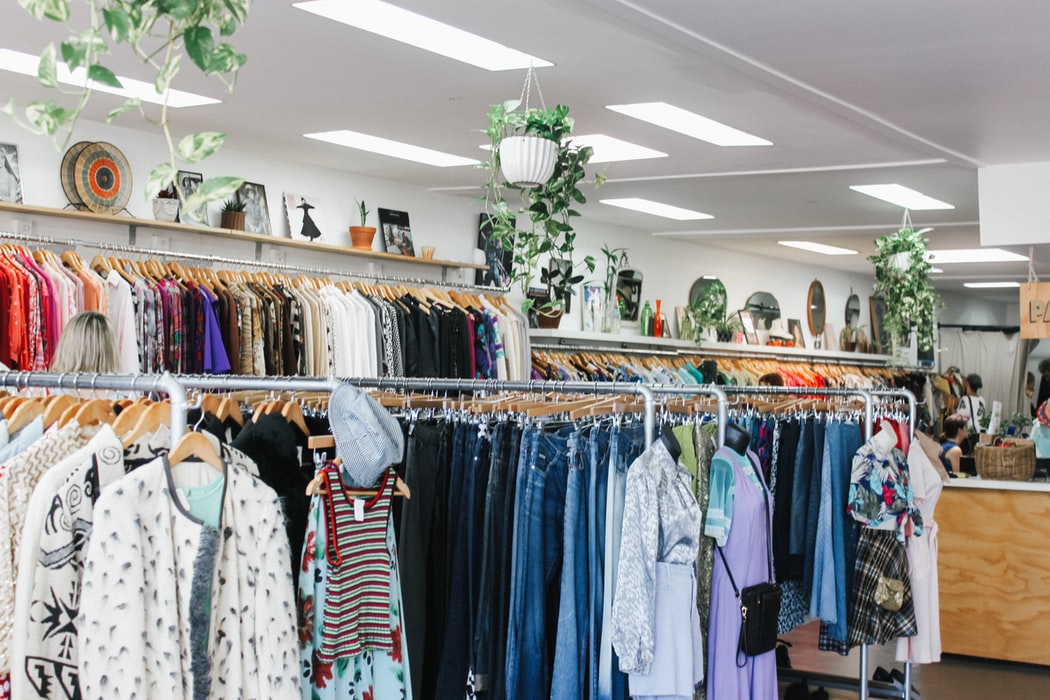Sustainability is an undeniable buzz-word in the fashion industry as the world has become more aware of the declining state of the environment and the role fashion plays. Exciting ideas and innovation continue to grow and characterise this phase in fashion’s history.
Pre-loved shopping and clothing rentals have been hailed as an important part of the solution to bringing fashion into a greener future. While second-hand clothing is no new concept, the variety of platforms that are now available to us and the growing popularity of renting clothing means we have more choice than ever when it comes to participating in the sharing economy. Studies examining our motivations behind our participation in the pre-loved market are now beginning to emerge. We have more insight than ever into why we actually use these platforms and how to better our consumption patterns.
Based on the findings of Ek Styvén and Mariani 2020, here is a breakdown of our interactions with pre-loved clothing and rental platforms.
Money makes the world go round
It may come as no surprise that the number one motivation to participate in the online pre-loved market was economic. Buying pre-loved and renting usually results in better deals than buying new and selling and renting provides another stream of income.
Fashion is trend-driven and, for the most part, operates on a seasonal basis, meaning we are constantly exposed to new styles and an ever-evolving idea of what’s “cool”. Selling or renting your clothing is a great way to alleviate the consequences of over-buying, be it through reducing an overstuffed wardrobe or replenishing a slightly drained bank account. Selling means that someone who wants the item can secure it for a lower price and prevents the item from going to waste. Similarly, with renting, you increase the garment usage and ensure it is enjoyed to its full potential.
Being able to buy clothing for cheaper or renting clothing also makes the trend-driven nature of fashion more accessible to the average consumer as the cost or participating in these trends is reduced, for example, if you’ve wanted to get on the “bright green” bandwagon you could either rent it from someone to see if you actually like it or buy it for half the price.

Who are we buying from?
Success on preloved platforms may also be determined by the community aspect many are rooted in. The study found that the success rate of second-hand transactions depends on the way the seller or lender presents themselves. For example, asserting environmental motivations found more success than those who expressed their participation in the pre-loved market as being purely for economic gain. Therefore, the close interaction between members on these apps and websites allows for rapport to be built and an understanding of the person you are buying or selling to.
A reason why ByRotation fosters more personal interactions between those renting and borrowing on the app, removing the faceless and detached shopping style we are used to. The profiles are highly individualised with each user having a short biography about their interests, style, favourite brands, etc. The renting process is conducted over a chat-style system that encourages those lending and borrowing to have a conversation rather than a more transactional interaction.
Taking care of our planet
Attitudes towards buying pre-loved are also affected by the sustainability aspect of participating in these platforms. Being conscious of sustainability increases people’s tendency to distance themselves from the consumption system, instead of finding other ways to get their fashion fix. Ek Styvén and Mariani found that awareness of environmental impact increases the likelihood of buying and renting second-hand.
Playing up the environmental impact of your participation is a tried and true marketing strategy for many resale websites. For example, TheRealReal, who use this to their advantage by altering buyers to the kilograms of carbon saved by their potential purchase as well as the litres of water saved. Putting a numerical value on the transaction’s impact on the environment is a great way of reminding customers of the environmental benefits and keeping the business’s sustainability aspect at the forefront of the sale.
Therefore, we could expect to see the continued growth of such platforms as the protection of the environment remains of central importance, and our exposure to the crisis increases. The more we know the more likely we are to seek alternatives to our more harmful consumption habits.
Interestingly, the study found that this is a two-way street: Awareness of sustainability increases positive attitudes towards second-hand fashion. However, participation in fashion’s sharing economy can also increase the perceived importance of sustainability aspects, suggesting that in buying pre-loved, we become more aware of fashion’s environmental impact.

How can we take part?
If I learned anything from this study, it’s that simply getting involved is the first step, whatever your motivations might be. If you’re looking to dip your toes in fashion’s answer to the sharing economy or are simply looking for more platforms to add to your list. Here are a few of my personal suggestions:
ByRotation
Branded as “The social Fashion Rental app”, ByRotation has created a community of users looking to share their wardrobes. The app operates on a peer-to-peer basis where you create a profile and upload your items ready for lending. The app has a beautiful selection of clothing from the wardrobes of real people with different styles and of all sizes. With the motto “What’s mine is yours”, ByRotation is taking sharing clothes with your girlfriend’s to the next level.
Ver esta publicación en Instagram
Vestiaire Collective
Vestaire provides a whole range of choices when it comes to what you’re looking for. The e-commerce website specialises in luxury goods, but you can find many brands from fast fashion to designer as it is a peer-to-peer marketplace. Additionally, Vestiaire provides an authentication service to minimise the risk of inauthentic goods being sold. It’s also simple to use and even takes care of shipping for you, so all you have to do is print the labels!
Ver esta publicación en Instagram
Depop
Depop is a social fashion marketplace operating much like any social media platform, where you can make a profile, see what others like, buy and sell. You can find anything from vintage clothes to luxury brands.
Ver esta publicación en Instagram



